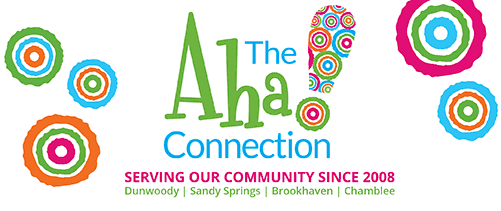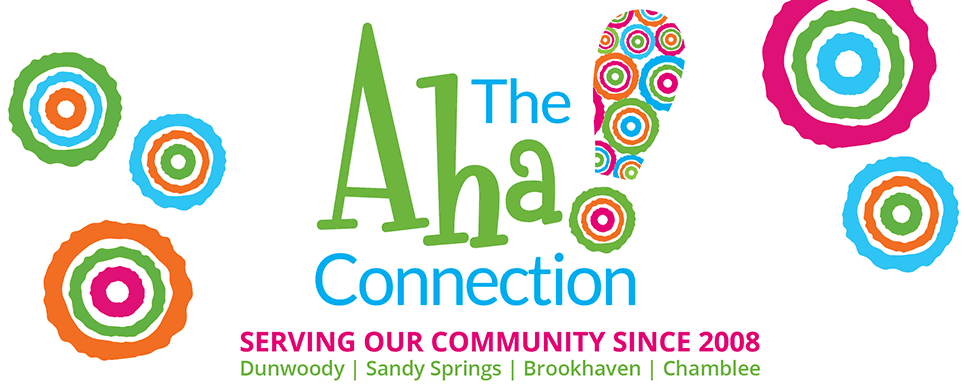My good friend is a recovering alcoholic. She’s been sober for a few years but rarely talks about it and I don’t think many people know her story. We live in a community where many social situations revolve around alcohol (moms wine nights, happy hours at the pool, etc.). I notice that she tends to decline social situations, particularly the ones that involve alcohol. How can I help support her?
Asking for a friend
Dear Asking for a Friend,
The first 18 months of recovery is a very difficult time. There is a physiological, psychological and sociological component to it. Many folks in recovery are struggling with post acute withdrawal where they may experience mood swings, changes in their energy level, and impairments with their focus and memory. It’s very similar to what one may experience after a significant loss or traumatic event. The brain is adjusting to a new normal.
Here are some ways to best support her. Accept that there is a grieving process when someone has been diagnosed with the disease of addiction, just like there would be with any other illness. Things will never be the same. Marriages, friendships, careers, hobbies, social dynamics and lifestyles will be different. Although your friend may rationally understand that the rewards will out weigh the sacrifices (she wouldn’t be getting sober if she didn’t.) It takes time to getting use to a new normal. (It takes time for friends and family to get use to a new normal too.)
Offer your friend some social outlets where alcohol is not present. (Think dinner and a movie where you don’t drink, a bike-ride on the belt line, going for mani-pedis together…) She is going to tell you that it is OK for you to drink in front of her. The reality is that eventually it may be, but relapse occurs for many. Offering a low risk environment for your friend increases the likelihood she will be successful.
Encourage her to share her story. When those in the community know that you are working a recovery program, there is a level of support and accountability that can also increase the likelihood one will stay sober. It also opens up doors to connect with others who may be on the same path. Ultimately, the decision to share this information is hers though.
Best,
Do you have a question for Tatiana? Learn more about her weekly Aha! Advice column here.







